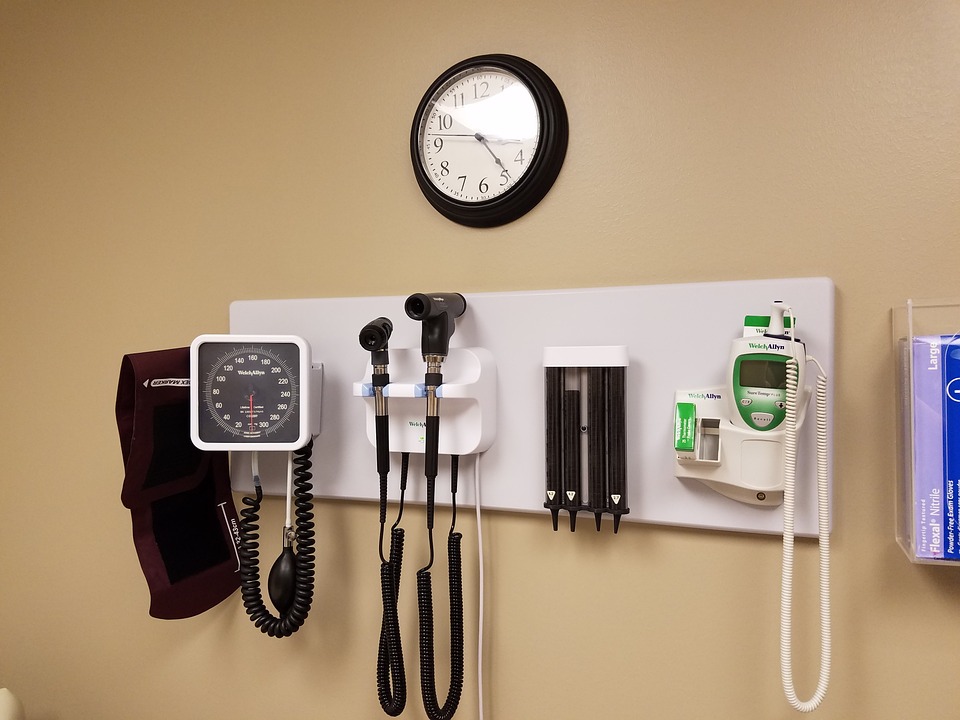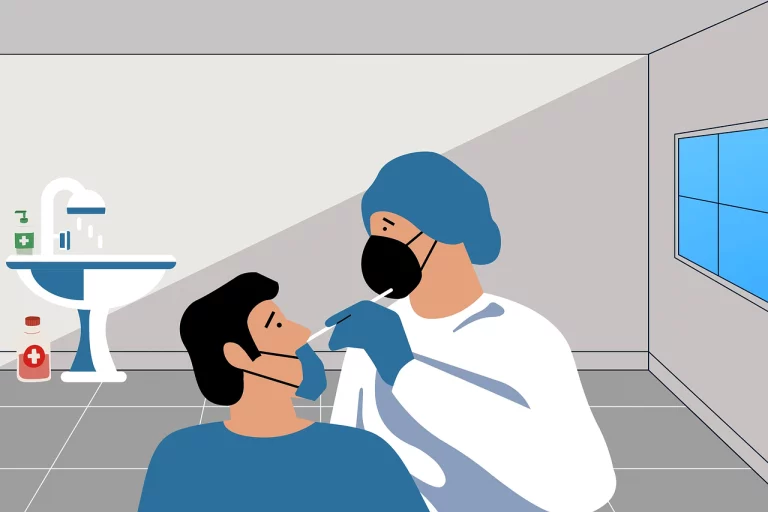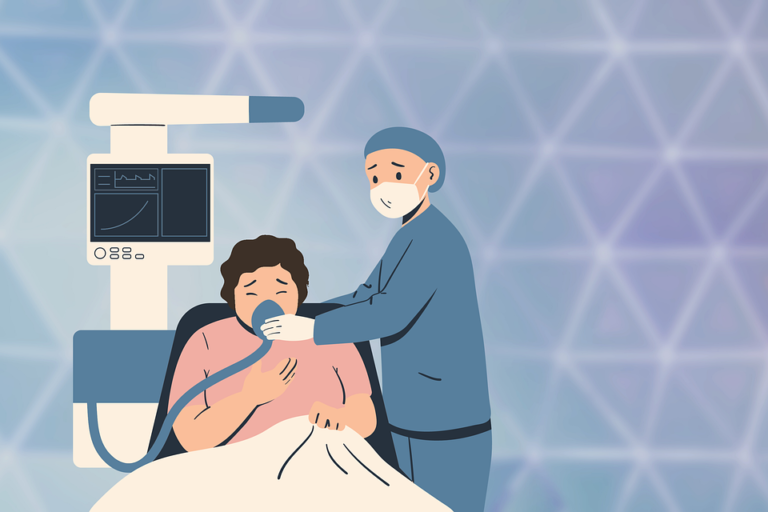Book Appointment Now

Rosemarie Rizzo Parse’s Human Becoming Theory
Rosemarie Rizzo Parse’s Human Becoming Theory offers a unique perspective on nursing by emphasizing the patient’s experiences, choices, and quality of life. Rooted in existential phenomenology and grounded in humanistic nursing, the theory views individuals as co-creators of their health within their environment. This article delves into the key principles, processes, and applications of Parse’s theory, showcasing its relevance in modern nursing care.
Get a custom paper help about rosemarie rizzo parse’s human becoming mid-range theory
Get Custom Nursing Paper
Key Concepts of the Human Becoming Theory
Three Core Principles of Rosemarie Rizzo Parse Theory
Parse’s theory is based on three foundational principles:
- Meaning – Individuals structure their reality based on personal interpretations of experiences.
- Rhythmicity – Life is a dynamic process of movement between opposites, such as joy and sorrow.
- Transcendence – People are constantly evolving and transforming, seeking new possibilities.
For instance, a patient redefining their life purpose after a chronic illness diagnosis reflects transcendence and meaning.
The Role of the Nurse
Nurses serve as partners rather than controllers, helping individuals explore their unique health patterns. This partnership fosters empowerment and respects patient autonomy.
- Example: Encouraging a patient to make decisions about their treatment plan based on their values and goals.
Processes in the Human Becoming Theory
Guiding Individuals in Unfolding Meaning
Nurses work to understand patients’ perceptions and values, facilitating the process of making meaningful health-related decisions.
Being Present
The theory emphasizes authentic presence, where nurses fully engage with patients without judgment or preconceived notions.
Shaping Health Patterns
By co-creating health experiences with patients, nurses help shape patterns that align with their aspirations and values.
Applications of Parse’s Theory in Nursing
Individualized Patient Care
Parse’s theory prioritizes understanding each patient’s unique perspective on health and well-being.
- Example: Developing care plans that align with a patient’s cultural beliefs and personal priorities.
Enhancing Quality of Life
The theory’s focus on transcendence guides nurses in promoting quality of life rather than solely addressing physical health.
- Example: Supporting a terminally ill patient in fulfilling their last wishes.
Promoting Empowerment
By respecting patients’ autonomy, nurses enable them to take an active role in their health journey.
- Example: Helping a patient explore lifestyle changes to manage hypertension effectively.
Benefits and Challenges
| Aspect | Details |
|---|---|
| Benefits | – Holistic approach addresses physical, emotional, and spiritual needs. |
| – Encourages patient empowerment through active decision-making. | |
| – Provides a philosophical framework that enriches conventional nursing practices. | |
| Challenges | – Abstract concepts may be difficult to implement in practical settings. |
| – Limited focus on measurable outcomes, which are crucial in evidence-based practice. |
Rosemarie Rizzo Parse’s Human Becoming Theory redefines the nursing role by focusing on patients’ lived experiences, choices, and aspirations. By prioritizing the principles of meaning, rhythmicity, and transcendence, nurses can deliver care that transcends conventional approaches, fostering holistic healing and empowerment.
Call to Action: Nurses can incorporate Parse’s theory to create meaningful, patient-centered care strategies that honor individuality and promote holistic well-being.







